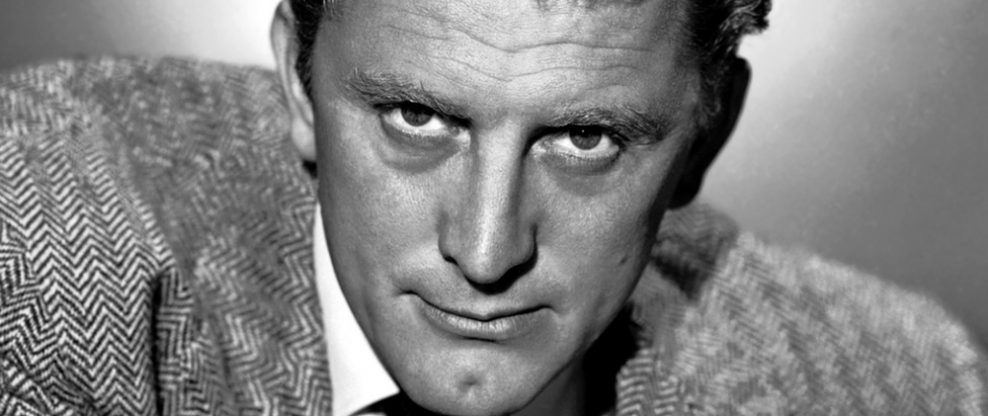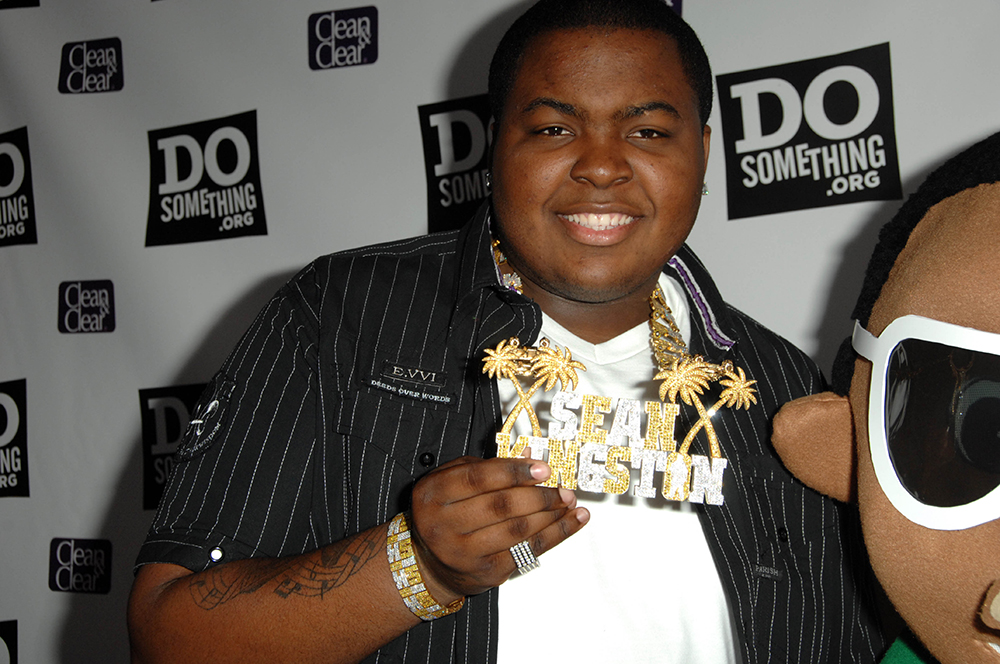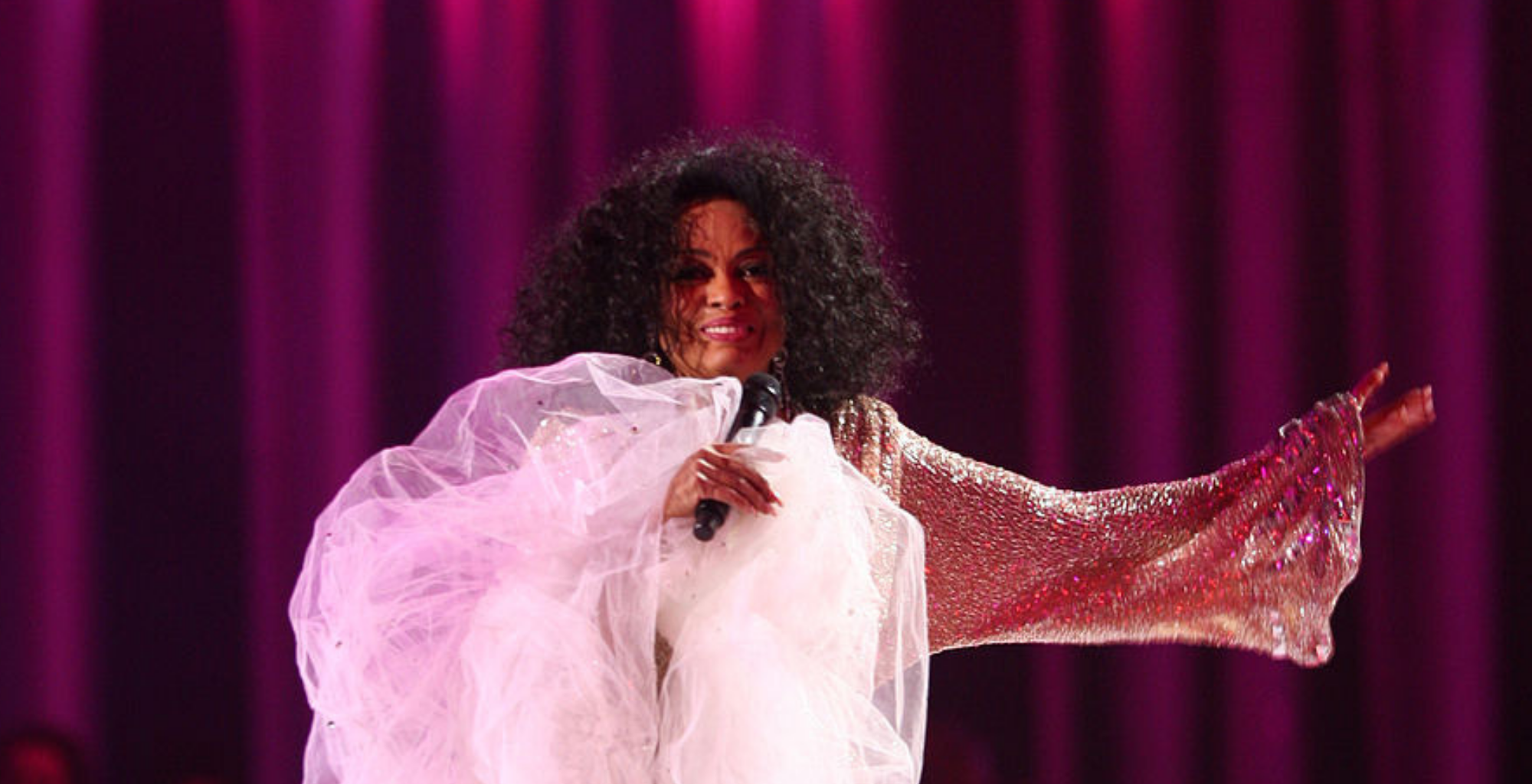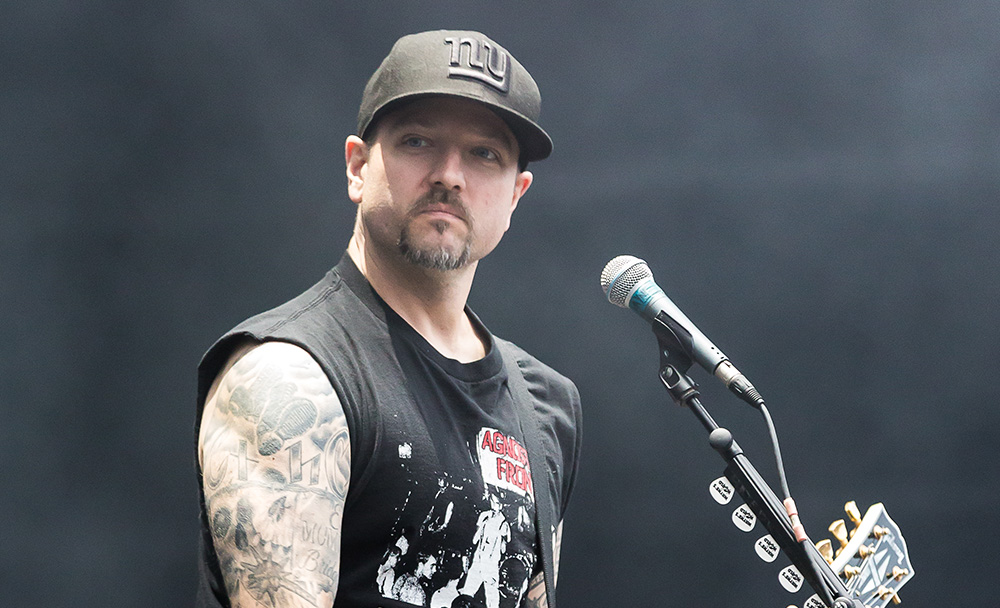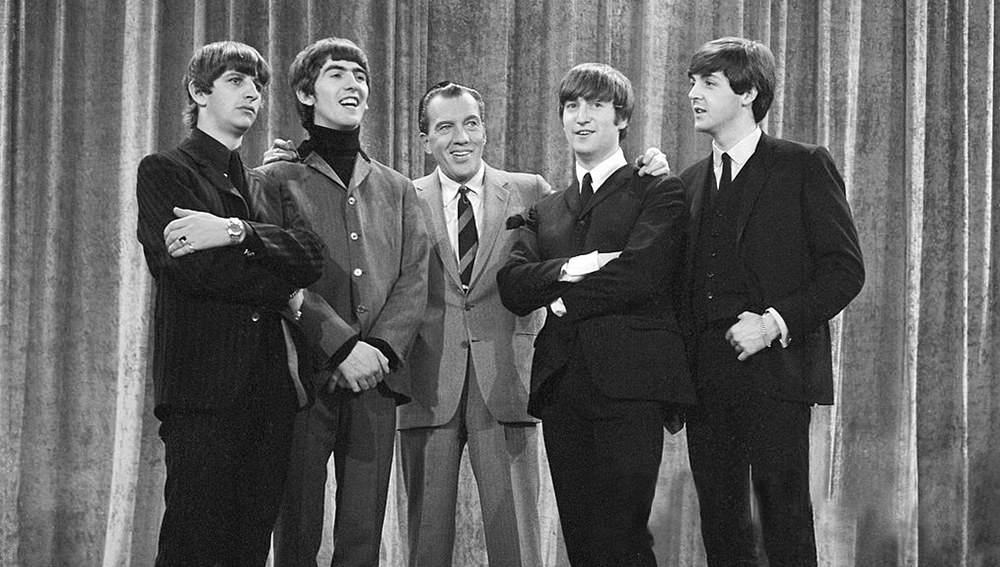LOS ANGELES (CelebrityAccess) — Actor Kirk Douglas, an iconic Hollywood leading man who starred in films such as ”The Bad and the Beautiful’ and “Spartacus,” died on Wednesday. He was 103.
“It is with tremendous sadness that my brothers and I announce that Kirk Douglas left us today at the age of 103,” his son Michael Douglas said in a statement obtained by People Magazine. “To the world, he was a legend, an actor from the golden age of movies who lived well into his golden years, a humanitarian whose commitment to justice and the causes he believed in set a standard for all of us to aspire to.”
Born Issur Danielovitch in New York City in 1916, Douglas did a stint in the United States Navy during World War II but was discharged in 1944 due to injuries sustained in an accidental weapon discharge.
After returning to New York City, he found work in radio as well as in theatre where he got his first big break in Richard Widmark’s Broadway production “Kiss and Tell.”
However, his plan to continue as a stage actor was derailed when his friend and fellow actor Lauren Bacall introduced Douglas to film producer Hal B. Wallis who cast him opposite Barbara Stanwyck in “The Strange Love of Martha Ivers.”
Reviews of the film were positive and described Douglas as a natural film actor. He parlayed his initial success into roles in other films, including his turn as the selfish boxer Midge Kelly in “Champion” which earned Douglas his first Academy Award nomination.
His success continued into the 1960s when he landed what many see as his most iconic role when he was cast as the Thracian slave rebel Spartacus in Stanley Kubrick’s historical epic of the same name.
In 1973, Douglas directed his first film, “Scalawag” a reimagining of Robert Louis Stevenson’s “Treasure Island” and he followed it up in 1975 by directing “Posse” in which he played the leading role alongside Bruce Dern, though neither film proved to be a major box office hit.
In 1991, Douglas was seriously injured in a helicopter crash in California. The experience prompted him to embrace the Judaism of his roots.
“Judaism and I parted ways a long time ago, when I was a poor kid growing up in Amsterdam, N.Y. Back then, I was pretty good in cheder, so the Jews of our community thought they would do a wonderful thing and collect enough money to send me to a yeshiva to become a rabbi. Holy Moses! That scared the hell out of me. I didn’t want to be a rabbi. I wanted to be an actor. Believe me, the members of the Sons of Israel were persistent. I had nightmares – wearing long payos and a black hat. I had to work very hard to get out of it. But it took me a long time to learn that you don’t have to be a rabbi to be a Jew,” he said during a 2006 interview.
Five years later, he experienced another health setback when he suffered a serious stroke which impaired his ability to speak. He was able to recover in time to a an honorary Academy Award two months and the experience served as the basis for his 2002 book, My “Stroke of Luck” which he intended as a guide on how readers should handle a stroke victim in their own family.
Douglas was nominated for three Academy Awards over the course of his career, including Best Actor for “Champion” (1949), “The Bad & The Beautiful” (1952), and “Lust For Life” in 1956 but did not win an Oscar until 1996 when he was presented with an Honorary Award for 50 years as a creative and moral force in the motion picture community.
Douglas was also known for his philanthropy, including donations of more than $40 million to Harry’s Haven, an Alzheimer’s treatment facility in Woodland Hills, and $15 million in 2015 to help the Motion Picture Home expand with a new wing.
Kirk was married twice, first to Diana Dill, with whom he had two children — actor Michael Douglas, and producer Joel Douglas — before the couple divorced in 1951. He later married producer Anne Buydens and had two more sons, Peter, who became an actor and film producer, and Eric, who died after suffering an overdose in 2004.

